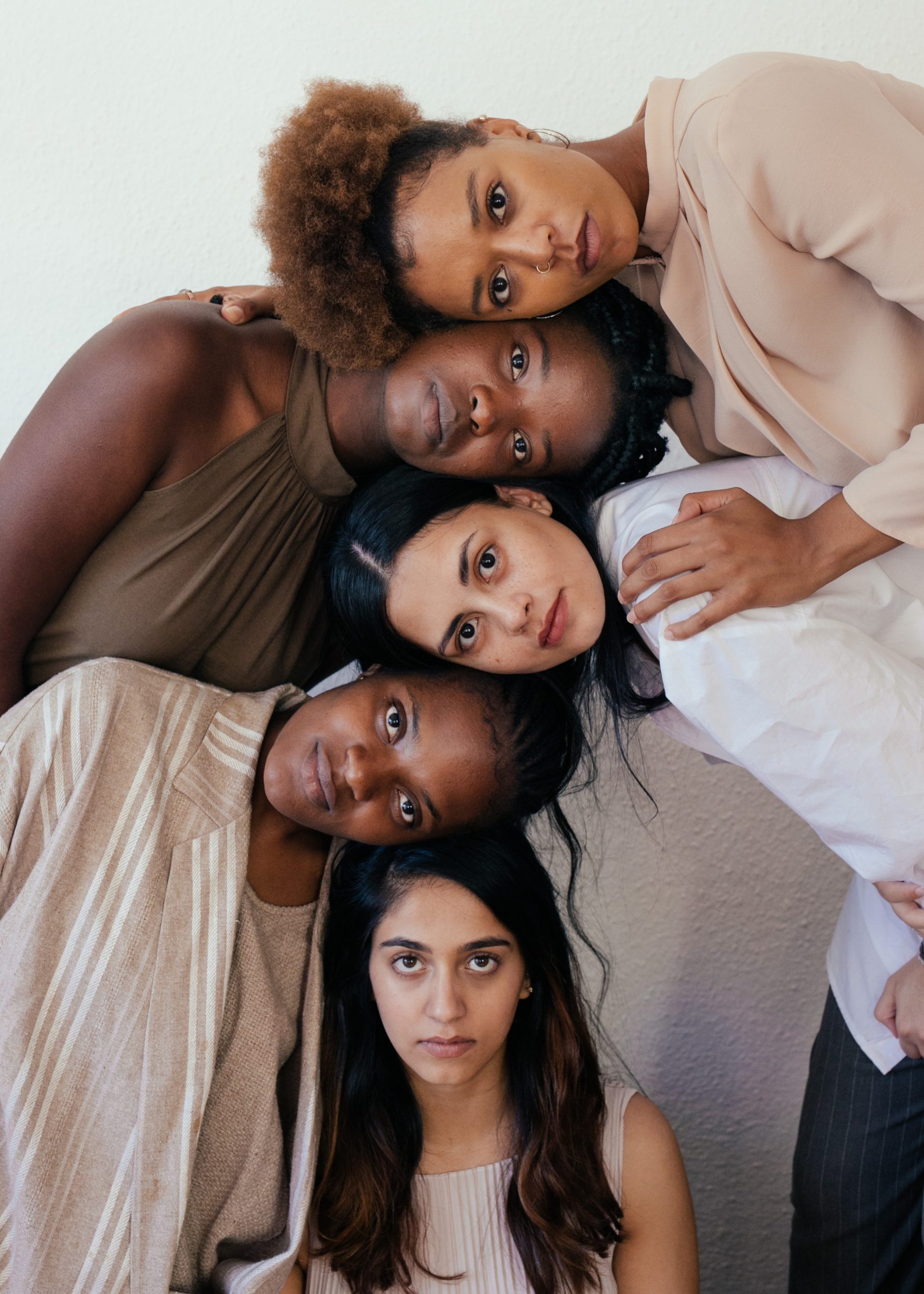
Written by Shantell Dasilva
In response to the killing of George Floyd, and Black Lives Matter protests throughout the world, conversations revolving around systemic oppression and police brutality have come to the forefront.
In response, a new term has emerged for Black, Indigenous, people of color—BIPOC.
 The BIPOC Project explains that this acronym is representative of the group’s missions to, “undo Native invisibility, anti-Blackness, dismantle white supremacy and advance racial justice.”
The BIPOC Project explains that this acronym is representative of the group’s missions to, “undo Native invisibility, anti-Blackness, dismantle white supremacy and advance racial justice.”
One may wonder, what is the difference between BIPOC, and POC? Simply put, POC is used in reference to anyone who is not white and in turn a “person of color.”
BIPOC specifically references the most marginalized communities in the U.S.—Black and Indigenous people. In the past, many have used the term POC to categorize all minorities under one group when speaking about shared marginalization. Yet, it’s commonly felt that Black and Indigenous communities face the most oppression, according to East Bay Permanent Real Estate Cooperative (EBPREC).
Ethnic groups such as Hispanic or Latinx communities also preserve anti-Blackness and anti-Indigenous ideologies, reports the International Journal of Qualitative Studies in Education. Despite having African ancestry dating back to the days of colonization, many find it difficult to identify as Black.

For instance, a movement named “Latinos for Black Lives Matter” has erupted on social media in the past couple weeks. Many from the Afro-Latinx community have claimed that this movement completely erases the fact that there are Black latinos and instead separates these two communities when they are with each other. Instead, Afro-Latinos prefer advocating for the movement “Las Vidas Negras Importan,” which is a direct translation of Black Lives Matter.
By continuing to use POC when referencing social justice issues, one is erasing the racial and systemic discrimination that Black and Indigenous communities have faced for centuries. It is important to make this distinction when discussing the subject of discrimination and systemic oppression because it is these communities that are confronted with these issues on a day-to-day basis.
For more information, visit TheBIPOCProject.org



I love what this represents!!! How can I get involved please? Or just help spread the movement